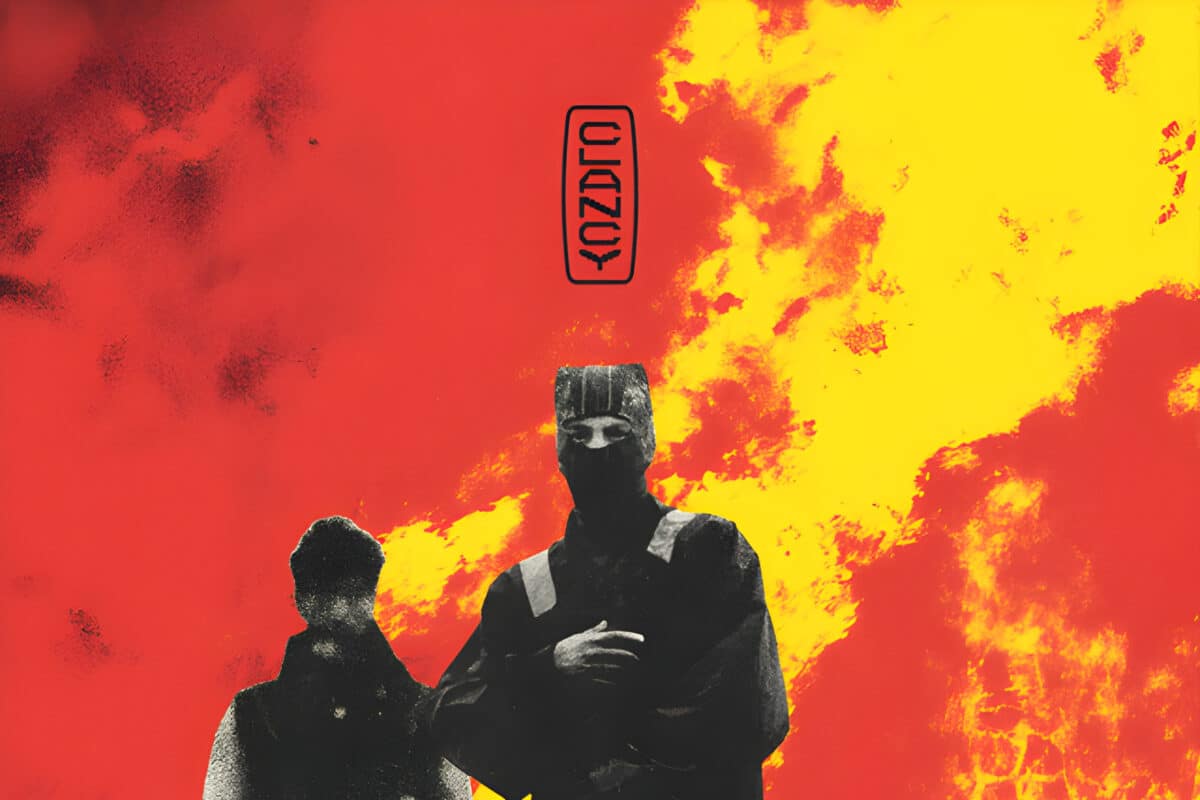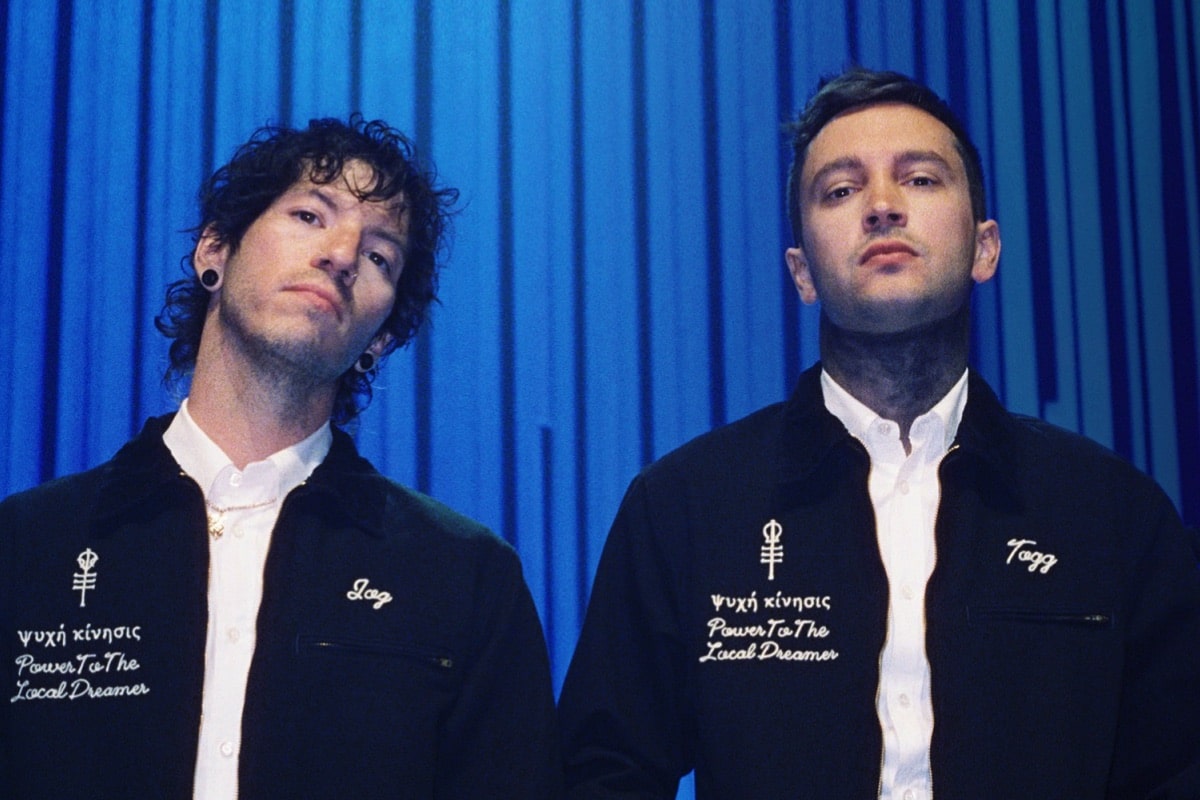Released: 2024
“At The Risk Of Feeling Dumb” by Twenty One Pilots digs deep into the struggle of vulnerability, the fear of showing one’s lowest moments to even close friends, and the importance of checking in on those friends despite their protests. It’s a powerful reminder of the complexities of human connection and mental health, set against the backdrop of the band’s signature sound.
The song kicks off with a repeated assertion: the speaker doesn’t want anyone to see them at their lowest, insisting that there’s no need for friends to drop everything for them. This captures a universal tension between wanting to be independent, not wanting to burden others, and yet struggling internally. The use of “drop, drop, drop” mirrors the feeling of falling or failing and the fear that comes with letting people see that vulnerability.
The imagery of “matching Kawasaki Z’s” and being like “two fighter jets” reminisces about times of shared adventures and strong connections, symbolizing the high points of friendship. Yet, the mention of “ejection seats” hints at the sudden, jarring moments when life throws a curveball, suggesting that even in the closest relationships, there’s a fear of being ejected or left alone in crisis moments.
The song’s core message is spelled out clearly when it says, “At the risk of feelin’ dumb, check in. It’s not worth the risk of losing a friend”. Here, Twenty One Pilots touch on the critical issue of mental health, urging listeners to reach out and check on their friends, even when it feels awkward or unnecessary, because the alternative could be far worse. The line “’bout you sleeping so close to a weapon you conceal, man” could be interpreted as a metaphor for the hidden dangers or the internal battles friends might be facing, emphasizing the seriousness of these concealed struggles.
The repetition of not wanting anyone to see them at their lowest or to “drop” everything for them serves as a conflicted plea. It’s a song that dances on the edge of wanting independence while acknowledging the essential need for connection and support. By the end, the song isn’t just a personal narrative; it’s a universal call to action—a reminder that checking in on someone could make a world of difference, even when they say everything is fine.







